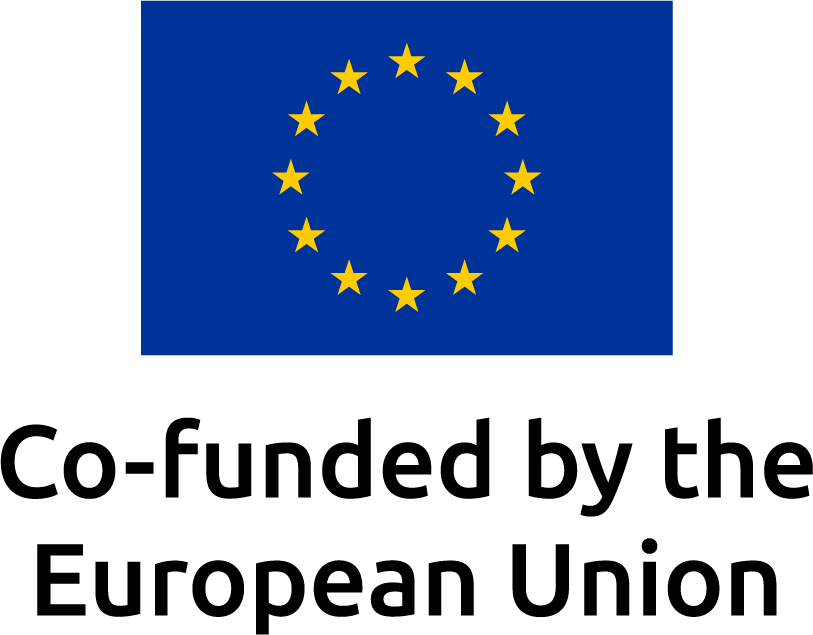The Role of Clinicians in the Customization Process of Bionic Hands
Clinicians play a vital role in customizing Zeus hands for each patient, a critical step in ensuring patients experience both functionality and comfort. Combining their expertise with innovations like ADP (Aether Digital Platform) and remote configuration has improved this process, streamlining prosthetic fitting and adjustments.
Clinicians play a vital role in customizing Zeus hands for each patient, a critical step in ensuring patients experience both functionality and comfort. Combining their expertise with innovations like ADP (Aether Digital Platform) and remote configuration has improved this process, streamlining prosthetic fitting and adjustments.
Clinicians begin the customization journey by assessing the unique needs of each patient. Factors like the type of amputation, rehabilitation goals, and daily activity levels shape the design and fitting of the prosthetic hand. During the prosthetic fitting process, clinicians make precise adjustments for a comfortable and effective fit. Advances in myoelectric-controlled prosthetic hand design have made the Zeus prosthetic hand highly responsive, providing users with greater control and dexterity.
Modern tools, including bionic prosthetics and orthotics, allow clinicians to create personalized solutions. Myoelectric systems use muscle signals to operate the Zeus, creating effective hand movements. ADP and remote configuration have revolutionized customization, allowing clinicians to fine-tune devices remotely, reducing patient visits, and improving workflow efficiency.
The benefits of clinician involvement are clear. Properly fit prosthetics enhance rehabilitation, functionality, and overall patient satisfaction. For clinicians, streamlined processes mean more time to focus on patient care. The collaboration between skilled clinicians and advanced technology ensures that every bionic hand becomes a life-changing tool for its user.








.jpg?width=352&name=a-2%20(1).jpg)

